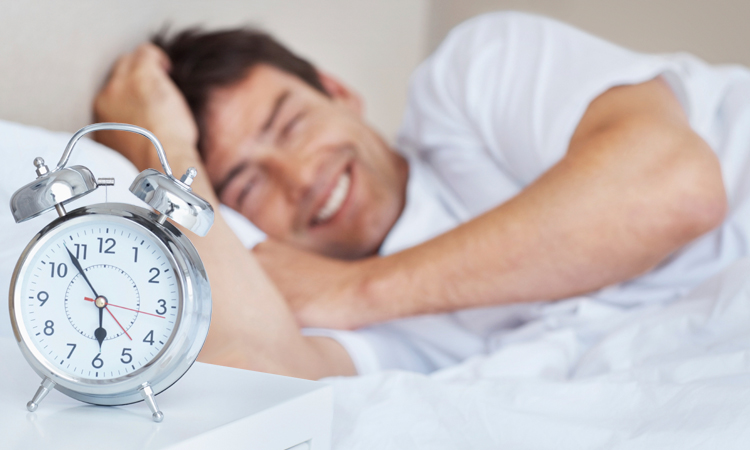 Are you one of those who tried to get up at a good hour, with plenty of time to get to work, but just can't seem to get out of the house on time, time and time again? Here is an interesting article with some useful tips to help you get up early, and feel good about it!
Are you one of those who tried to get up at a good hour, with plenty of time to get to work, but just can't seem to get out of the house on time, time and time again? Here is an interesting article with some useful tips to help you get up early, and feel good about it!While putting this article together, I was asked about several other topics. Here are my thoughts and responses to some questions:
1. Getting up
is hard to do. What's the biology behind it?
Believe it or
not, your body has an internal clock closely linked to the earth's 24 hour day.
Various hormone systems, blood pressure, and even brain waves rise and fall
throughout the day in this cycle, called a “Circadian Rhythm.” Waking up from
sleep depends on these rhythms all pointing to an awakening state, and the
morning light is one of the more powerful triggers of this. While there are
clearly people who rise in the afternoon or evening to work during the night,
they have been able to reset their body clock to support this mode of behavior.
As evidenced by the strange feeling most of us have on the first day that
Daylight Savings Time starts or ends, short term disruptions in sleep timing
can be quite jarring.
2. If you had
to offer two tips for rising early, what would they be?
If you need to
awaken earlier than normal, say to leave for a trip, you need to be sure that
your body is ready to awaken at the prescribed time. So, first, be sure to have
enough sleep. If you will need to wake at 4 a.m., and you normally wake at 6
a.m., you should retire two hours earlier than usual. But, if you do that only
on the night before you leave you likely will not fall asleep two hours earlier,
but lie there, tossing and turning, and wake up a wreck. So, for several nights
before the event, start retiring about 30 minutes early, and wake up 30 minutes
early. Push this over several days to adjust to the new time. A similar
technique can be used when travelling across time zones, to be sure sure you
are functional at the new destination. Another neat device works on the
principle of light awakening you. There are lights that come on very dim at
first, and gradually brighten, simulating sunrise. This triggers a natural
waking response. Together, these two techniques can substantially help you wake
early and function normally.
3. Most people
are either larks or night owls, depending on their genetics and age. So, in
theory, it would be difficult to change how one's body works. Is it really
worth getting up early then? If it's worth it, what's the best way to do it!
Getting a good
night's sleep is worth it, no matter what your genes. Many studies have shown
significant medical issues from sleeping too little or too much. Getting your
sleep patterns into order would begin with getting your environment in order. A
comfortable bed, the right temperature, covers that are neither too heavy or
flimsy, and bedclothes as much or little as you feel you need are all
important. The room should be dark and quiet, although some seem to benefit
from some “white noise” to cover up ambient sounds. Count back some nine hours
from your anticipated awakening and prepare for bed. Engage in some quiet
activity, like reading or a peaceful television program. Snuggle down and let
yourself fall asleep. Use a gentle alarm, or the wake light, to waken you, and
then get out of bed. Setting it in your mind that you will accomplish this
helps to motivate you to the task. Don't try to change too much too fast; if
you have been sleeping until 8 a.m. for years, changing to 6 a.m. likely cannot
be done in one night, for most people. All of this applies as well for those
who find themselves in a situation where being awake at night is required. Take
a few days, shift the times, and it can often be accomplished without too much
trauma. Light blocking curtains and cooperative family members may also be
required.
It should be
noted that all of these bits of advice presume normal sleep physiology. If you
have sleep apnea, or other medical conditions which affect sleep, you really
should seek the close guidance and monitoring of your physician for any issues
regarding your sleep or sleep habits.
No comments:
Post a Comment